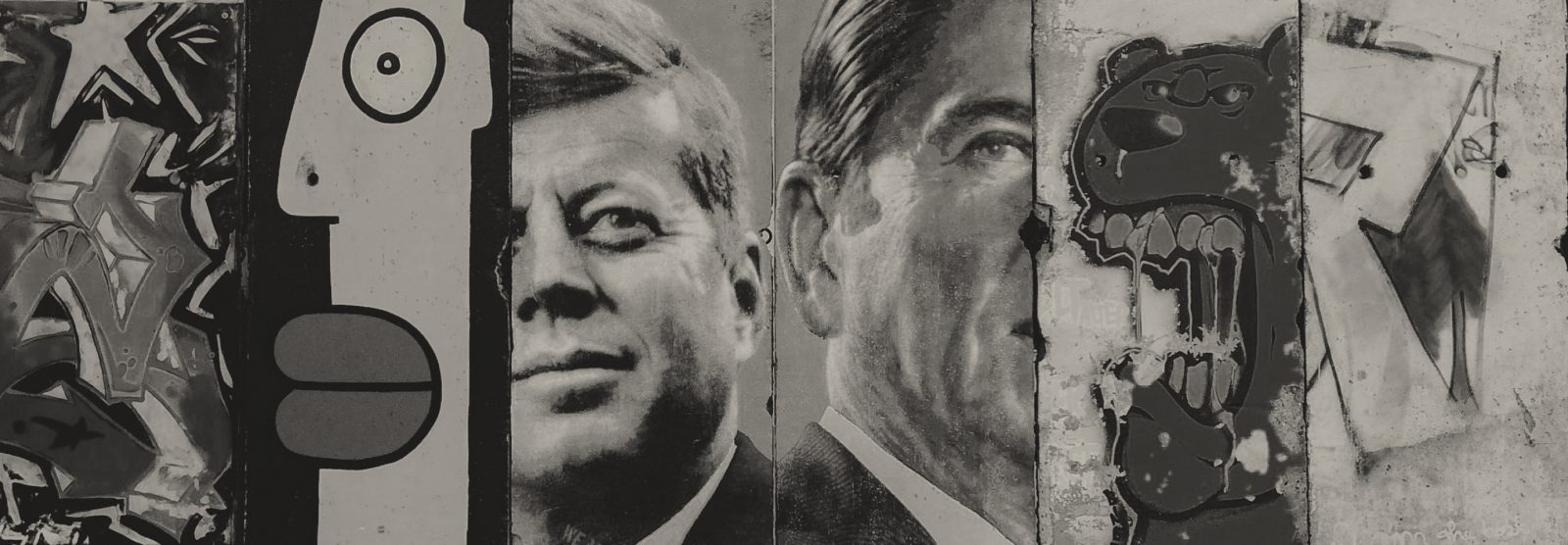Reframing Our Outrage
A new film reminds us that caring about survivors means working to prevent and respond to all violence—including carceral violence.

TOPICS
129 posts in ‘Culture & Politics’
A new film reminds us that caring about survivors means working to prevent and respond to all violence—including carceral violence.
More people impacted by the criminal legal system can and should share their stories through fiction—and through those stories change minds and public policy.
Atlanta’s Cop City is another chapter in the long history of U.S.-based colonialism. The second installment in a two-part series.
Critical infrastructure laws are cynical attempts by corporations to manipulate public fears of terrorism to protect their own profits.
For a moment, the George Floyd uprising made the white supremacist power structure tremble. Let's hold on to that and carry it forward.
The gendered norms of U.S. settler colonialism subject Indigenous and LGBTQ+ people to the violence of our cisheteropatriarchal carceral state.
A short film asks how we can offer justice for survivors of sexual violence without perpetuating the harms of mass incarceration.
How one labor union in New York is organizing and creating solidarity among formerly incarcerated workers—and winning.
In the history of a shuttered lockup for queer women in New York City, a reminder that incarceration has always been a form of social control.
Abolitionist Ruchell Cinqué Magee is the country’s longest-held political prisoner.
How two formerly incarcerated artists are creating a community for people like them—and exposing mass incarceration through it.
ICE entanglement in local law enforcement is just one iteration of a bigger system meant to police our communities. And we can fight it.
As a newly elected judge assigned to misdemeanor court in Los Angeles, a former public defender sees her new role as serving those impacted by the system.
“Including incarcerated people in national debates is not just about changing policies. It’s about creating a transformative learning experience.”
Fiscal arguments have only led to a reconfigured carceral state—one that replaces one type of punishment for another while still harming millions.
When academics are read more than incarcerated thinkers, it becomes possible to forget the movement’s radical roots.
As public defenders, we are not “fighting the system”—we are the system. Because of this, we have power, and the numbers, to change it.
Fearmongering about public safety played a major role in the state’s midterm setback. But we can learn from it how to take control of the political narrative.
The push to increase the state’s power to punish led to more incarceration but failed to create a more just society for victims of sexual violence.
How radical lawyers played a key role standing up for survivors of the Attica uprising.
From Celes Tisdale's creative writing workshop with Attica Uprising survivors.
The experiences of Michael and Zoharah Simmons show that the fight against the carceral state is embedded in a larger project of building a just world.
Mexicans and Mexican Americans have long been targets of legal and extralegal violence by the police. Learning this history is a step toward ending abuses that persist to this day.
How we're helping journalists report more deeply, more precisely, and more carefully on the law, on the criminal system, and towards justice.
Understanding the past of the Cook County Jail is understanding its present.
The movement to end police violence has a rich visual history. In Brooklyn, a collective of volunteers is doing its part to preserve it.
There is a place for desire in an abolitionist world, at least when desire is pleasure and love and freedom.
The carceral system criminalizes and retraumatizes survivors at every step. Dismantling these structures is the only way to end this violence.
Based on 'Goodnight Moon', the 1947 bedtime classic by Margaret Wise Brown.
The tangle of policy responses following the 2020 uprisings over police violence shows that both Republicans and Democrats failed to meet the moment.